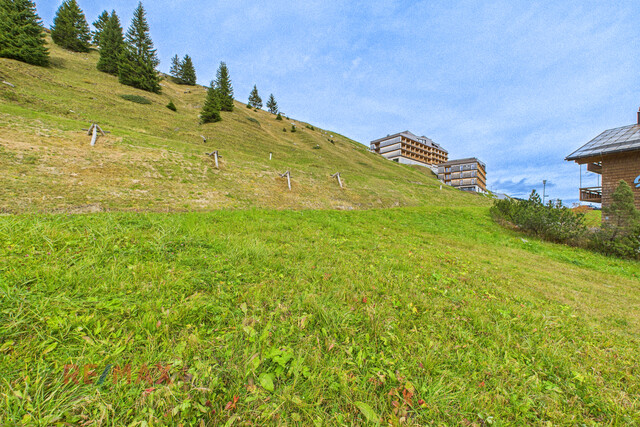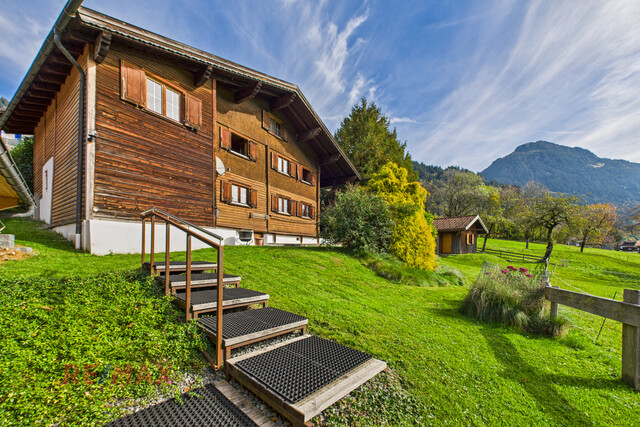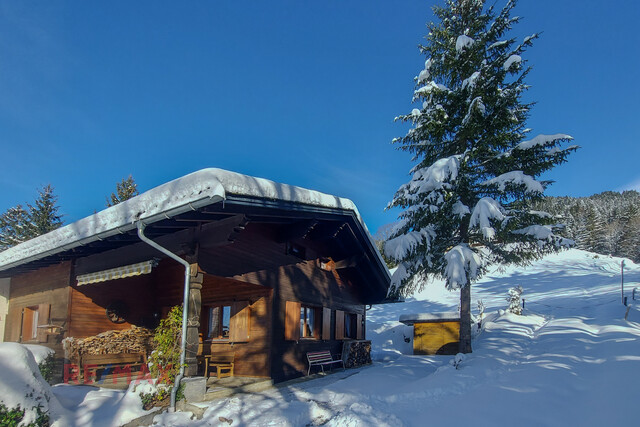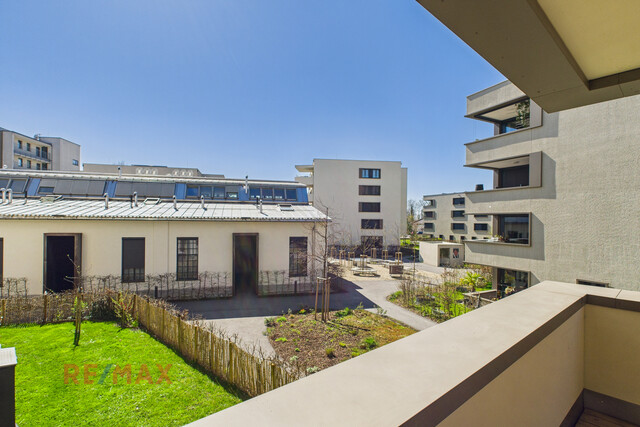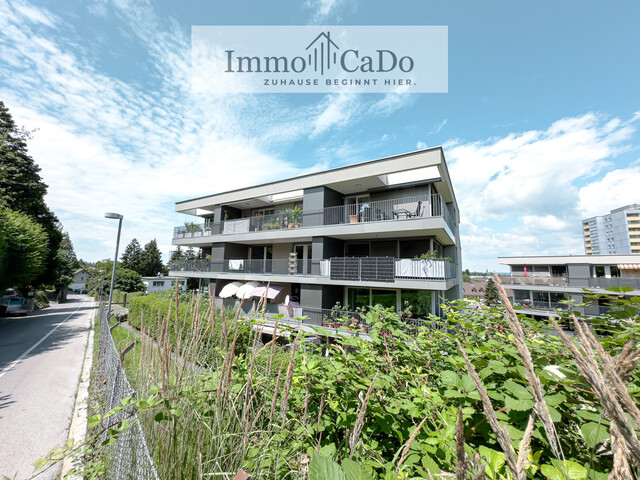Energy No Longer a Driver of Inflation from 2026

At the beginning of 2025, annual household energy expenses had increased by up to several hundred euros. This was less due to direct energy prices and more due to the significantly increased fees for the electricity and gas networks, as well as the fact that government support measures like the electricity price cap were not extended. Energy prices, network fees, and charges each contribute about one-third to the total costs.
Despite high energy prices, few customers switch to cheaper providers
According to Urbantschitsch, the lack of competition in the energy sector is not only due to the large regional energy suppliers owned by the federal states but also due to the lack of willingness of customers to look for a cheaper energy supplier. Although there are providers selling electricity at 10 cents net per kilowatt-hour (kWh), many households are willing to pay more - on average 14 to 15 cents. In 2024, the switching rate was only around five percent.
The long-term development of prices depends on the expansion of renewables in the electricity sector. The more investment is made in wind and solar energy, the more hours in the year these will ensure low prices because expensive gas power plants will not be needed. There is a sign of relief in the network because the industry, cars, and heating are switching to electricity, thus spreading the network costs over more users.
Gas phase-out continues to drive network fees up in the coming years
For gas, it is different; although gas prices are expected to decrease in 2027 or 2028, network fees will continue to rise because more and more companies and households are phasing out gas, and the costs for the gas network can be distributed among fewer and fewer customers. Urbantschitsch assumes that the pressure will become increasingly greater. "Sooner or later, the point will come where this development can no longer be ignored." The gas phase-out is particularly difficult in multi-family houses without central heating. Support is needed at the legislative level here. "I see no other option," said the expert.
(APA/Red)
This article has been automatically translated, read the original article here.
Du hast einen Hinweis für uns? Oder einen Insider-Tipp, was bei dir in der Gegend gerade passiert? Dann melde dich bei uns, damit wir darüber berichten können.
Wir gehen allen Hinweisen nach, die wir erhalten. Und damit wir schon einen Vorgeschmack und einen guten Überblick bekommen, freuen wir uns über Fotos, Videos oder Texte. Einfach das Formular unten ausfüllen und schon landet dein Tipp bei uns in der Redaktion.
Alternativ kannst du uns direkt über WhatsApp kontaktieren: Zum WhatsApp Chat
Herzlichen Dank für deine Zusendung.


